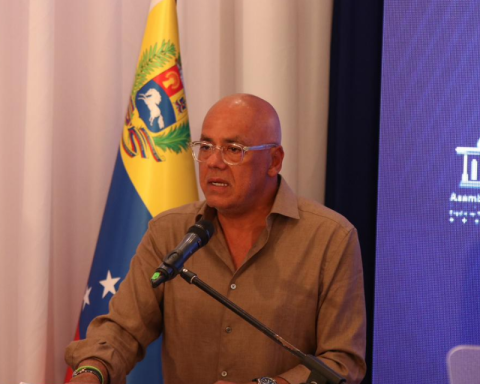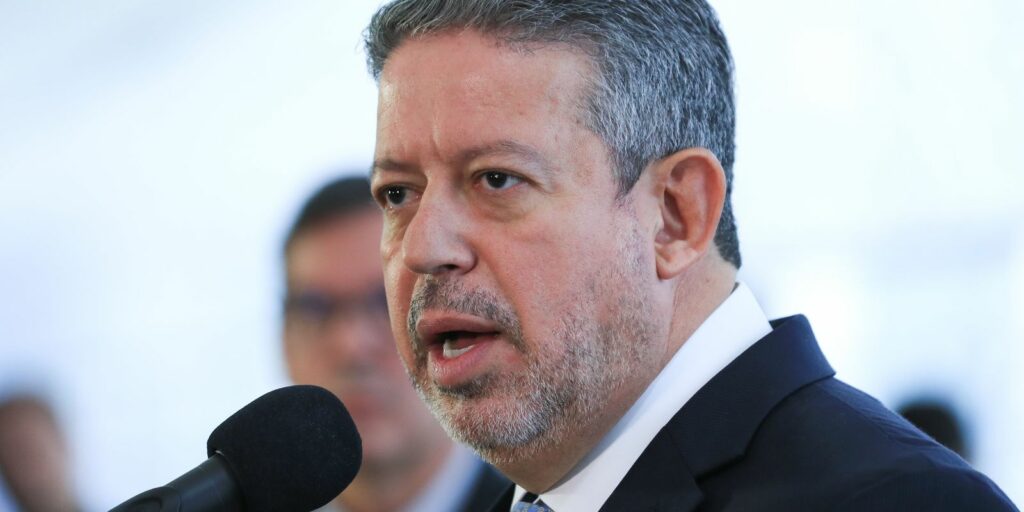Richard Lynch, deputy director of the international affairs unit of the Ministry of National Security, expressed the commitment of the government of Trinidad and Tobago to guarantee the safety of the host community and migrants.
A study by the International Organization for Migration (IOM), released on March 23, revealed that 64% of Venezuelan migrant children residing in Trinidad and Tobago lack access to education. The same percentage also have difficulties receiving health care and obtaining birth certificates.
The study, which analyzed data from 1,323 Venezuelans, called for systematic and consistent assessments of the evolving situation for migrants to ensure the relevance and effectiveness of response efforts.
Likewise, the document showed its concern for the sexual and reproductive health of migrants.
Richard Lynch, deputy director of the international affairs unit of the Ministry of National Security, expressed the commitment of the government of Trinidad and Tobago to guarantee the safety of the host community and migrants.
*Read also: Redac: Venezuelan migrants face barriers to identity and political participation
On the other hand, the IOM published its 2022 Displacement Tracking Matrix (MDT) report, which reveals an improvement in labor trends and a decrease in cases of informal work and underpayment among Venezuelans in Trinidad and Tobago.
There was also a steady decline in arrivals in Trinidad and Tobago since 2020, even though 57% of respondents were in an irregular migration situation.
Regarding health, most respondents were reported to have access to healthcare and were vaccinated against covid-19, while there was an increase in access to antenatal care for pregnant and lactating respondents compared with previous DTM efforts.
On March 14, the UN Refugee Agency (UNHCR) and IOM urged greater support from the global community for Venezuelan migrants and refugees.
The United Nations agencies recalled that in recent years almost 7.2 million Venezuelans left their country due to the crisis; Some 6 million of them are welcomed in Latin American and Caribbean nations.
The group “continues to suffer when it comes to covering their most basic needs, including food, health care, education and housing,” the agencies highlighted in a statement, where they also stressed that inflation, the still present effects of the pandemic and the lack of of regularization make them especially vulnerable.
“Although several initiatives have been launched in that region for the regularization (of this exodus), which has given many of them access to rights and services, the international community needs to continue protecting these migrants and refugees and invest in the communities that host them,” stressed UNHCR and IOM.
With information from swissinfo
Post Views: 369

















